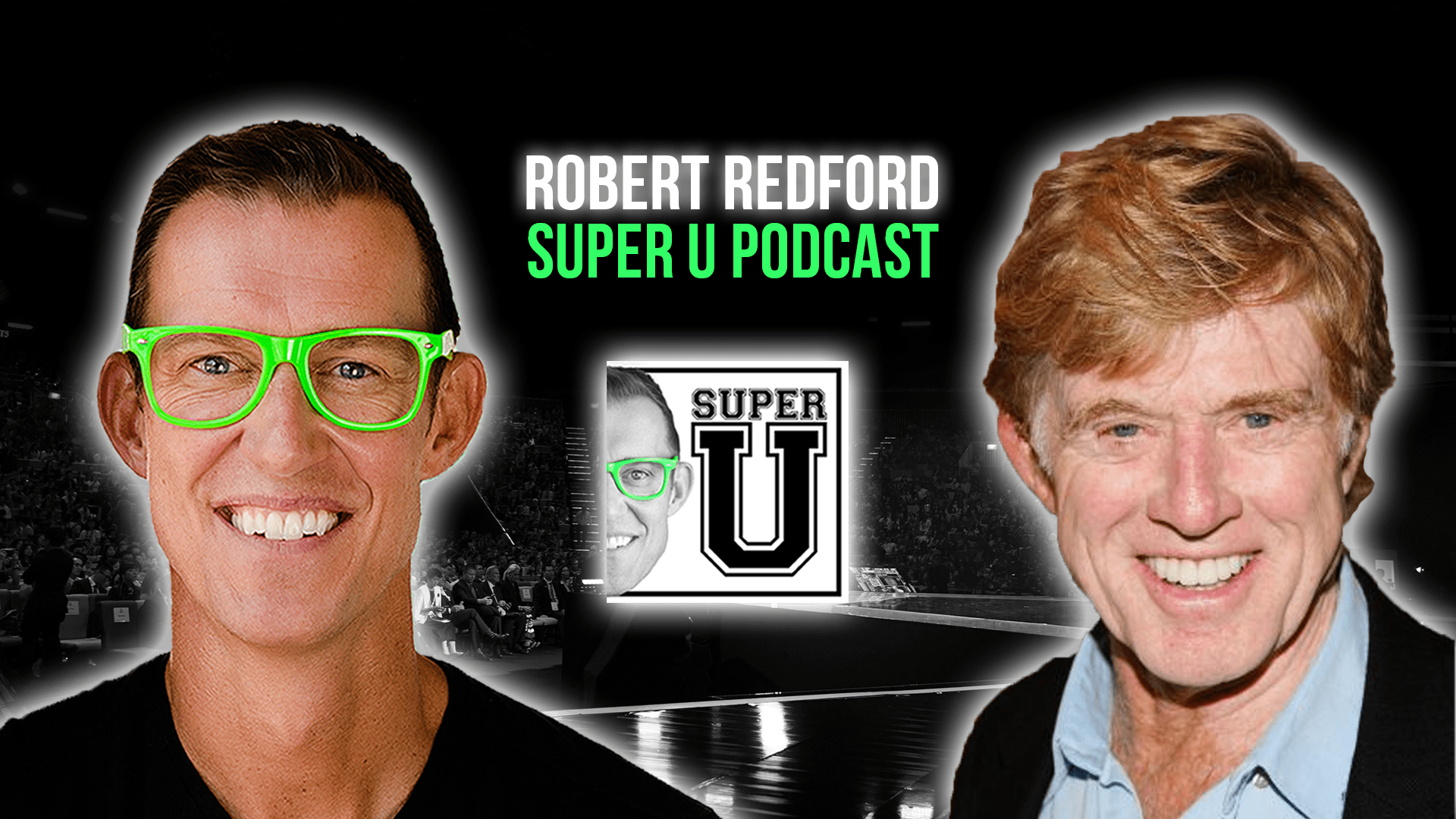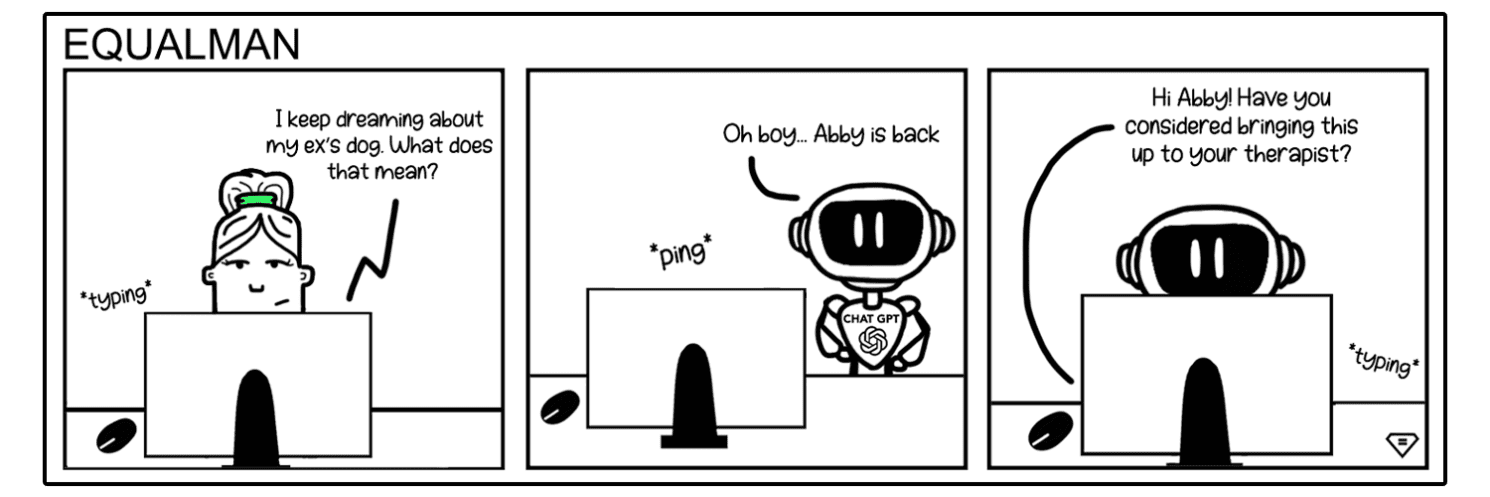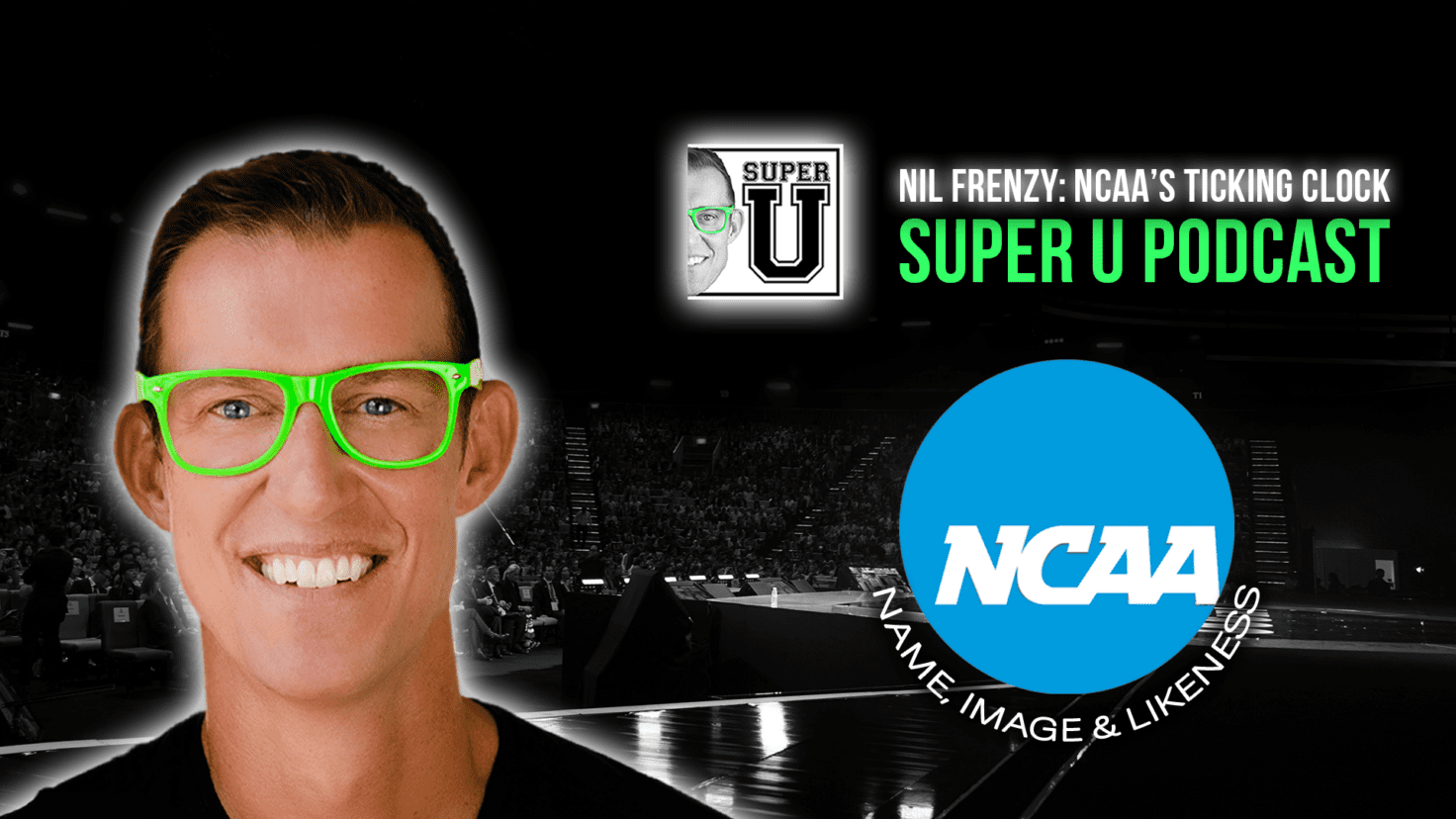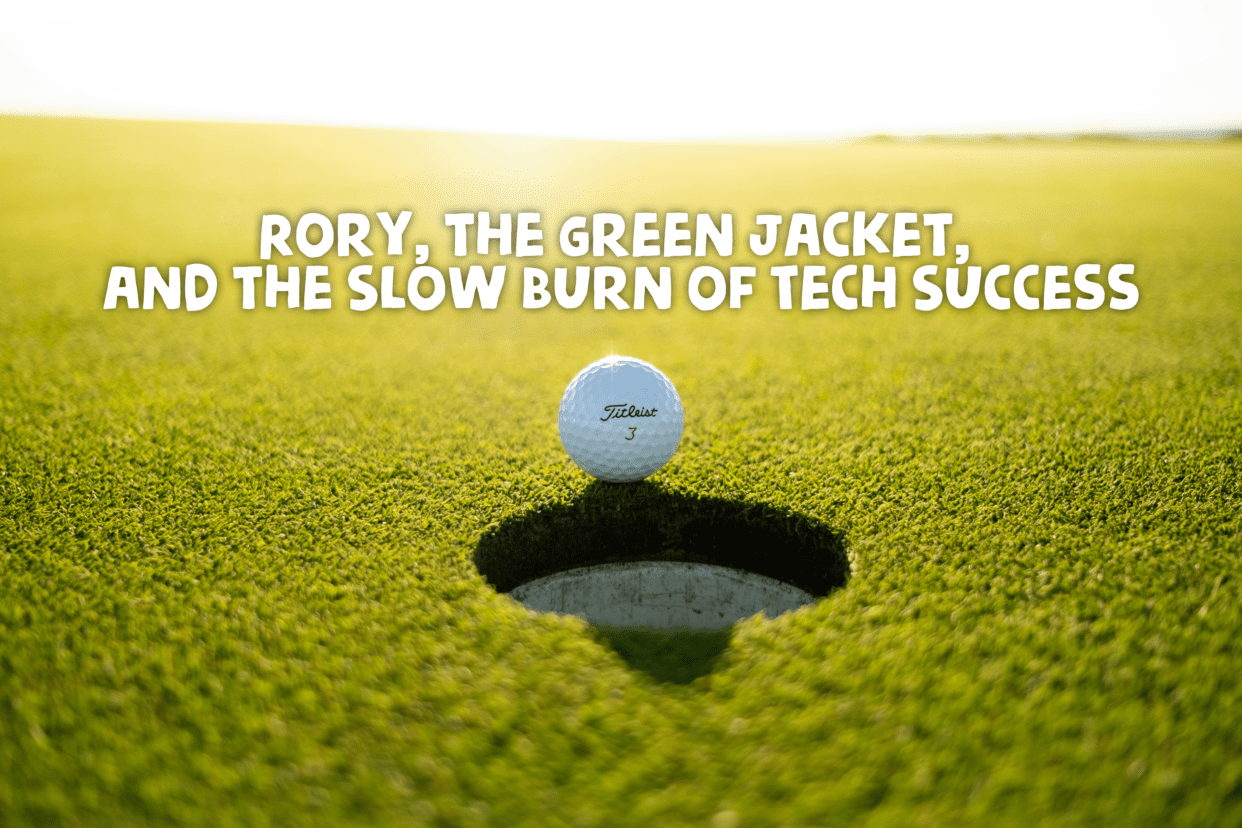Super U Podcast | 7 Super Tips | Robert Redford
Today, Equalman and Robert Redford discuss how he came up with the idea for Sundance, channeling energy into one focus, and moving on after doing your work. Charles Robert Redford Jr. is an American actor and filmmaker. He’s the recipient of various accolades, including an Academy Award from four nominations, a British Academy Film Award, two Golden Globe Awards, the Cecil B. DeMille Award and the Presidential Medal of Freedom. In 2014, Time named him one of the 100 most influential people in the world. He starred alongside Paul Newman in Butch Cassidy and the Sundance Kid (1969), which was a huge success and made him a major star. Redford is also one of the founders of the Sundance Film Festival.
5x #1 Bestselling Author and Motivational Speaker Erik Qualman has performed in over 55 countries and reached over 50 million people this past decade. He was voted the 2nd Most Likable Author in the World behind Harry Potter’s J.K. Rowling. Qualman is also the inventor of the bestselling board game Kittycorn.
Need a sneak peek? Below are the main takeaways from the episode.
Super U Podcast | 7 Super Tips | Robert Redford
[4:09] Tip #1
“I had a career that started in 1959. And I was doing a lot of television, I started in the theater in New York, and then the theater went to live television. And then live television went to Film Television. And over time, I came to realize that the value I think each of those sections had great value. And then finally something settles in and you do something that you get known for. I think that was Butch Cassidy. And once that happened, then you’re kind of you’re in a certain kind of channel. And you can’t move too far out of it. Like you couldn’t earlier work in television. And that has some pluses and minuses. And then you realize it was restricted because you were then going to be seen you saw yourself as an artist, you saw yourself as somebody that could play different roles and different levels of emotion. And yet, consistently, you were judged by your looks. And I wasn’t prepared for that. And uses hope that the work you do if it’s diverse enough if it’s different enough that ultimately you will be seen for that.”
[5:29] Tip #2
“What eventually led to Sundance was, I just felt that I was so lucky to be able to tell stories about the America that I saw. And that was more complex than was being advertised. And I would hope that other people like myself would have that opportunity. But it wasn’t available to them, I was just lucky. So when in 1980, things were changing drastically, Hollywood was becoming more centralized. And they were no longer going to make those smaller films along with their bigger films, therefore creating the category for independent film. And then they were going to be following the youth market. Because that’s where the money was, at the same time cable was just about to explode. Cable and video on demand were about to explode. And I could see that there is going to be this gap. What about those films that I loved making when the studio system included them? So maybe we can create something where we will have a development process for filmmakers that have a different point of view, a more independent point of view, and have a place to develop and work. And so that’s what led to Sundance and eventually the festival.”
[6:50] Tip #3
“Yeah, there was a moment where in the very beginning, I felt I had to do something that would get attention, I would do something that would define me in some way so that I could stay in this business, I probably made some compromises that I wouldn’t normally make by instinct. And then at a certain point, I said, Wait a minute, I’m here, I’ve paid my dues. Now I really don’t think I can go forward unless I do what I want to do the way I want to do it. So I converted that point and said, hit or miss, that’s what I’m going to do, I’m going to move forward, and kind of be more true to myself.”
[7:44] Tip #4
“And I think that acting was not a form of therapy, it was an odd form of expressing yourself physically, when you would resign yourself to the fact that you were going to be an artist, which meant hand to paper, to articulate what you were feeling, or a writer, but to be physical, was a new one for me. And when that happened, something clicked. And I thought I think I’m meant to do this. And therefore all the energy that was going this way and that way, and maybe hurting other people and myself, as I was flailing around trying to find something exciting to hold on to it all channeled into this, it all funneled into this channel. Which is what I think saved me I could I could put that energy, which was so displaced, I could put it into ambition or a function that had a shape to it.”
[8:56] Tip #5
“Once you finish the work for me, that’s it because then it goes into somebody else’s hands. It goes into the promoters, and the distributors, and then into the hands of the audience where it’s supposed to go. So my feeling has always been once you’ve done the work, let it go. Don’t follow it all the way down the line. You’re wasting a lot of your time. Do the work, do the work you want to do the way you want to do it, and then let it go wherever it goes. Okay, sometimes we’ll go down a hole. Sometimes it’ll rise up you don’t know but don’t spend time worrying or thinking about it’s got its own life when was the other.”
[10:01] Tip #6
“I believe Change is inevitable. And I think that we can see that there are some people that go with the change. There are others that don’t, because they’re afraid of change. And since I believe Change is inevitable, I want us to be able to ride with it and use it to our advantage. So the idea that the festival was meant to use change, to underline the word diversity. And diversity is something I think moves the ball. And that’s something I think we represent. And that comes out of change. I think it is things change. I think the filmmakers here roll with it. And their films, show how change is affecting the life we live in the society that we’re in.”
Click here to subscribe and listen to the full episode.
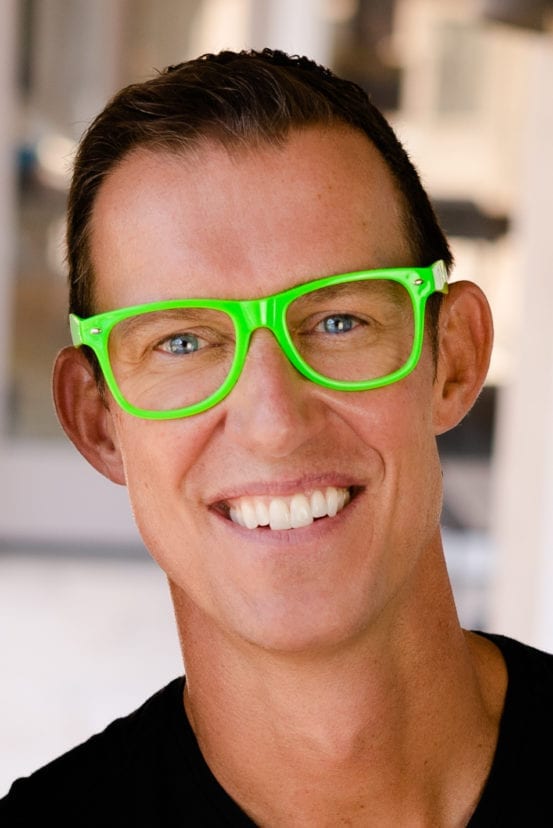
To ensure you don’t miss future episodes, subscribe to our podcast by clicking here >> Super U Podcast. We hope these tips help unlock and unleash your inner superpower!
The Super U Podcast is hosted by #1 bestselling author and Motivational Speaker Erik Qualman.

